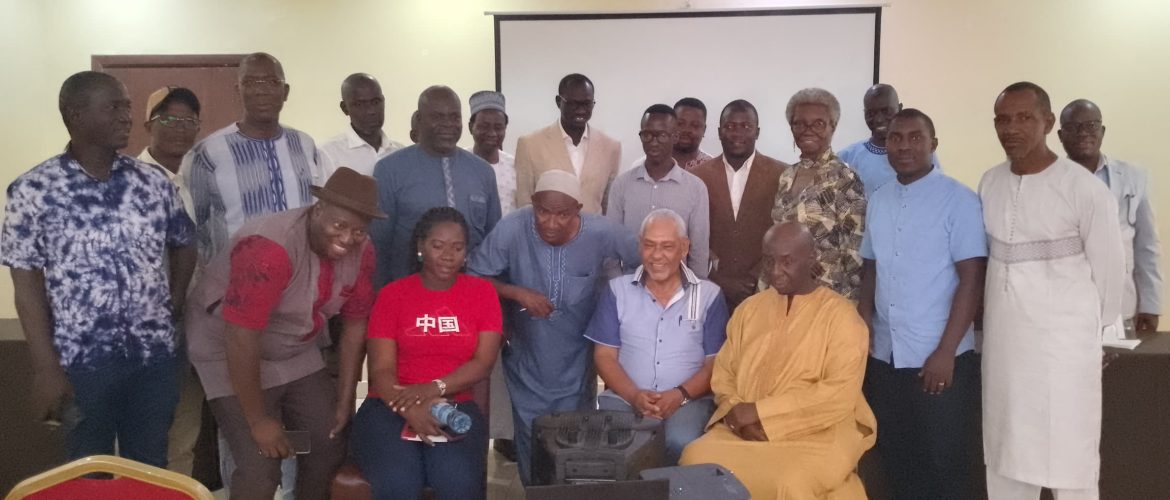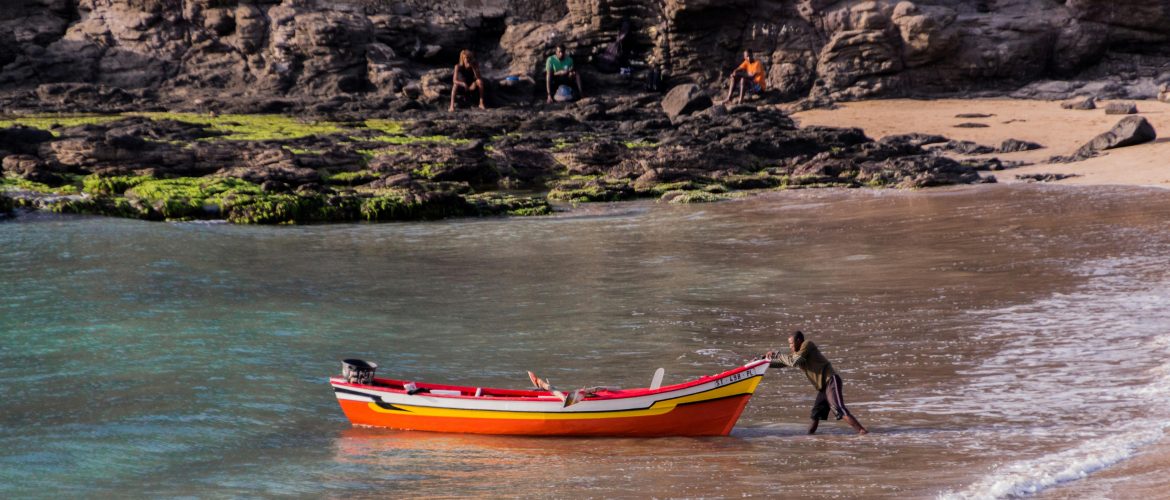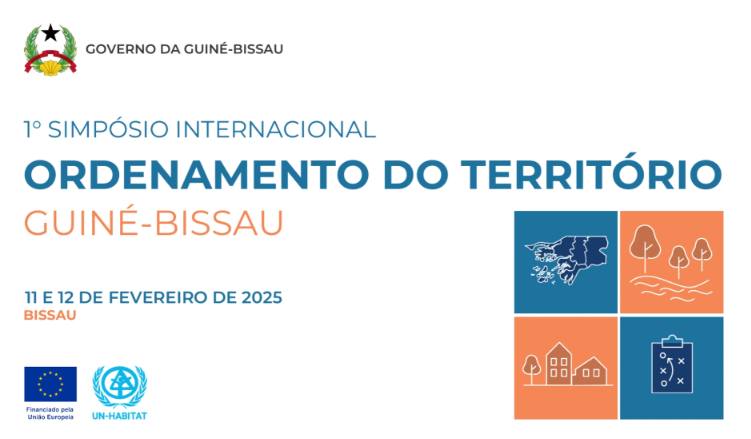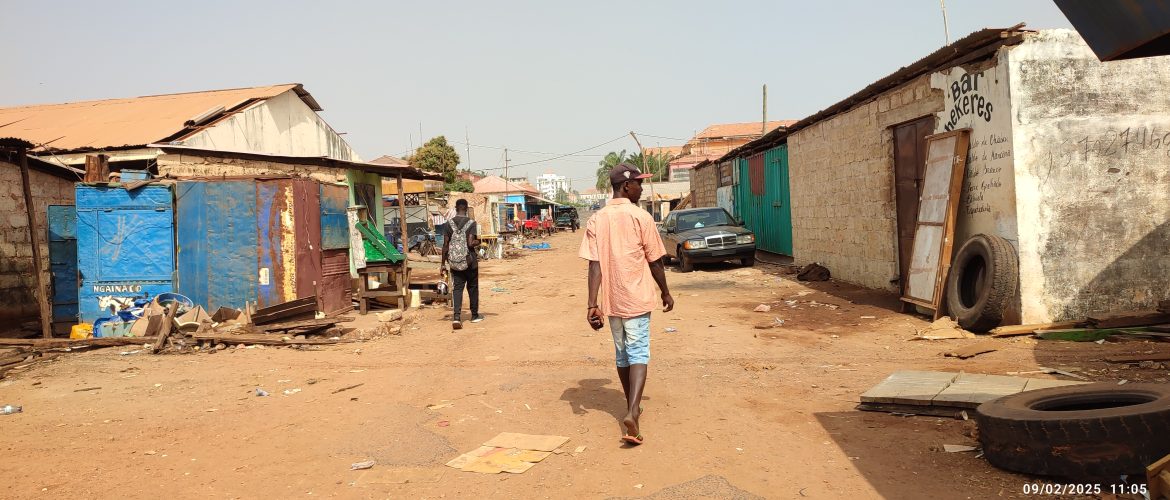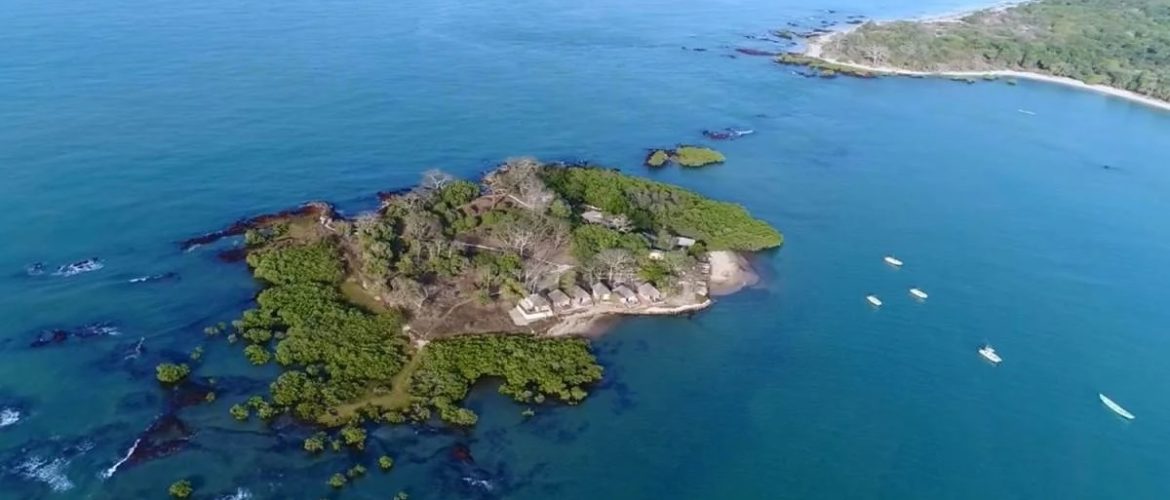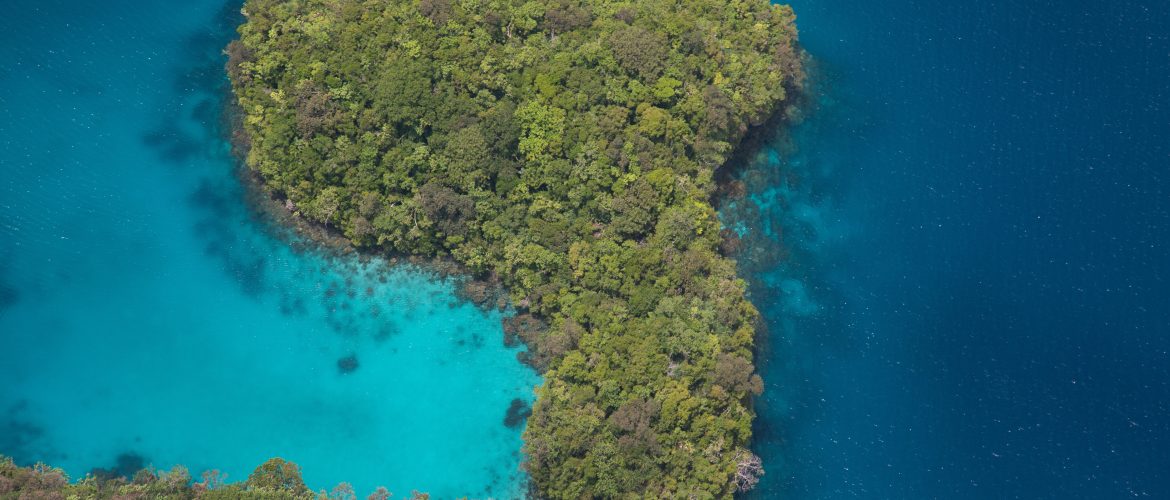As part of our ongoing commitment to biodiversity conservation and sustainable natural resource management in Guinea-Bissau, we are pleased to announce the successful completion of the Validation Workshop for the GEF project “Promoting and Strengthening Effective Conservation of the Cantanhez Primary Forests.” Held in Bissau on the 21st of March 2025, coinciding with the International Day of Forests, this workshop marked a critical milestone in the project development process. It aimed to validate the project’s Theory of Change, Logical Framework, and
Context Cabo Verde’s potential for sustainable development is threatened by structural environmental, economic, and energy vulnerabilities, exacerbated by the COVID-19 pandemic. In response, the State of Cabo Verde has committed to implementing sustainable, low-carbon, and climate-resilient policies, aligning with global efforts to reduce emissions while identifying key sectors for improvement. Key challenges include: Climate change impacts on fragile ecosystems, biodiversity, and land degradation. Socio-economic consequences, particularly for vulnerable communities, with a focus on gender equality and social inclusion. The sustainability of the tourism sector—representing 25%
Urban planning and governance are at the heart of sustainable development. Recognizing the need for strategic territorial planning, Guinea-Bissau hosted the UN-Habitat International Symposium on Urban Planning and Governance on February 11-12, 2025. This event was a pivotal moment for addressing the country’s urbanization challenges and shaping a National Strategy for Urban Development. The ICZM Consultancy team, on mission in Bissau, participated in the UN-Habitat International Symposium, held at Hala Hotel on February 11-12, 2025. For more details on this consultancy
Guinea-Bissau, a nation rich in natural beauty and cultural heritage, faces pressing environmental and socio-economic challenges, particularly in its coastal zones. With rising climate risks, rapid urbanization, and governance fragmentation, a strategic and integrated approach is essential for sustainable coastal management. This is where the “Development of a new Integrated Planning and Management Framework for Coastal Zones in Guinea-Bissau (ICZM)” consultancy steps in. But what exactly does it entail, and why is it crucial for Guinea-Bissau’s future? The Consultancy and Mission
The Bijagós Archipelago, Guinea-Bissau Comprising 88 islands and islets, stands out for its exceptional biodiversity and unique ecological processes. Recognized as a UNESCO Biosphere Reserve since 1996 and classified as a Ramsar Site in 2014, it is home to numerous endangered species and plays a crucial role in marine and coastal conservation in West Africa. OMATÍ MINHÔ — A Contribution from Guinea-Bissau to the World The Bijagós Archipelago is a candidate for UNESCO’s World Heritage List. Its unique natural and cultural characteristics give
In line with our commitment to promoting sustainable transboundary fisheries management in the Lower Mekong Basin and fostering the restoration of vital aquatic biodiversity hotspots along this remarkable river, we are pleased to announce the successful completion of the of the Mekon River Commission (MRC) Expert Group on Environmental Management (EGEM) Regional Workshop and of the National Validation Workshops for the “Enhancing Transboundary Fisheries Management in the Lower Mekong Basin” project. The primary objective of the Regional Workshop, held in Vientiane
Over 80% of European habitats are in poor shape. To address this issue, on 22 June 2022, the Commission proposed a nature restoration law aimed at facilitating the long-term recovery of damaged nature across the EU’s land and sea areas. The Commission estimates that the new law would yield significant economic benefits, with every euro invested resulting in at least 8 euros in benefits. What is included in the law? The EU nature restoration law, agreed with member states, will
On October 26, the final validation workshop of the study “The economic evaluation of mangrove ecosystem services to measure their contribution to the national economy” took place. The study was developed by two international consultants (Giacomo Cozzolino and Daniel Bazzucchi) and one national consultant (Mário Biague). The event brought together a diverse group of participants committed to preserving and enhancing mangrove ecosystems. The workshop focused on lectures and discussions that explored crucial issues related to mangroves and the services they provide.
The pristine paradise of Palau and the Federated States of Micronesia (FSM), located in the Western Pacific, is a biodiverse haven that beckons nature enthusiasts, conservationists, and adventurous travelers from around the world. Comprising a constellation of islands, atolls, and reefs, this region is a hotspot of marine and terrestrial biodiversity, offering a mesmerizing array of flora and fauna. Terrestrial Biodiversity Unique Flora: The islands of Palau and the Federated States of Micronesia are home to a variety of unique and often
The Terai is a stretch of lowlands in the southernmost part of Nepal (WWF, 2021). The region, often described as the rice bowl of the country, is home to one of the most spectacular assemblages of large mammals in Asia such as the Bengal Tiger, the Greater One-Horned Rhinoceros, the common leopard, Asian elephant, and more (WWF, 2021). The ecosystem services provided by the area plays a major role in supporting the socioeconomic well-being and development of people in the Terai
- 1
- 2


